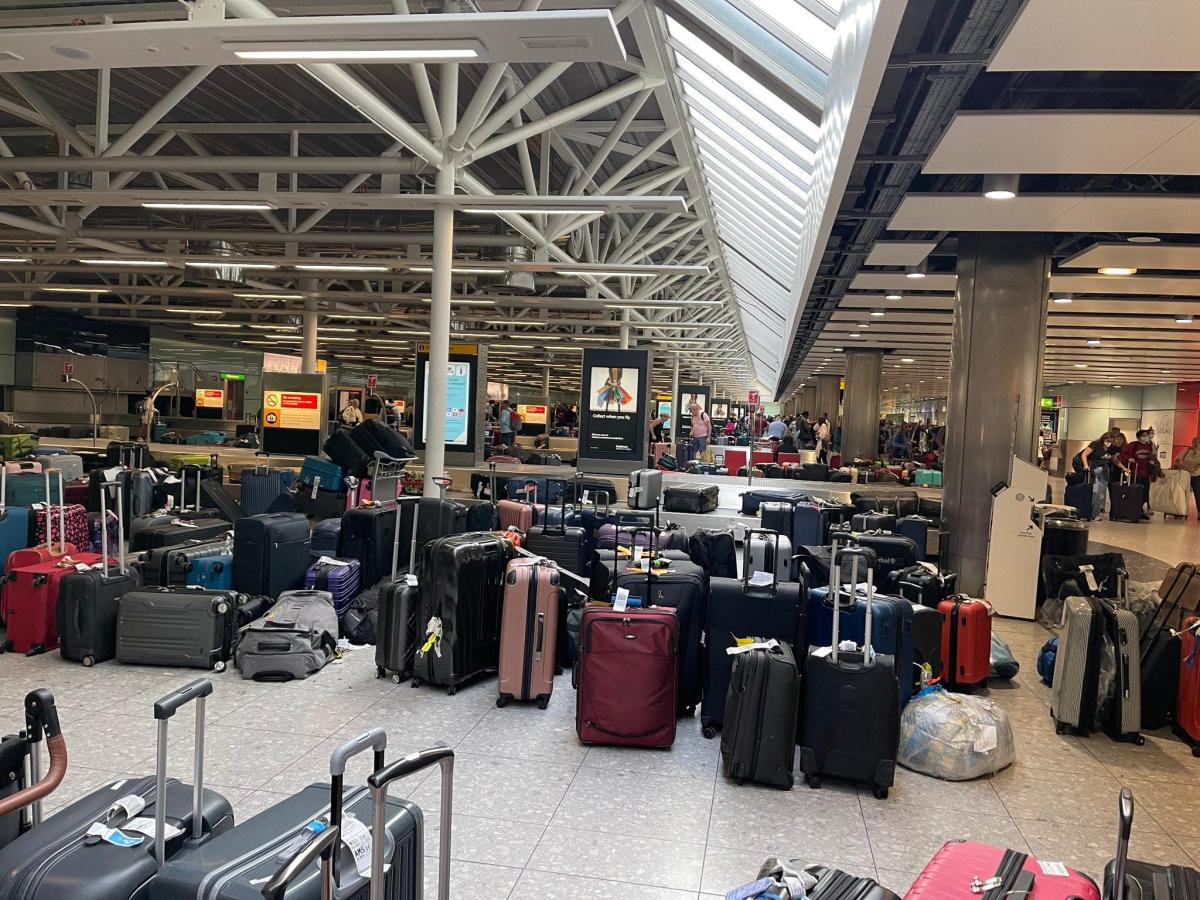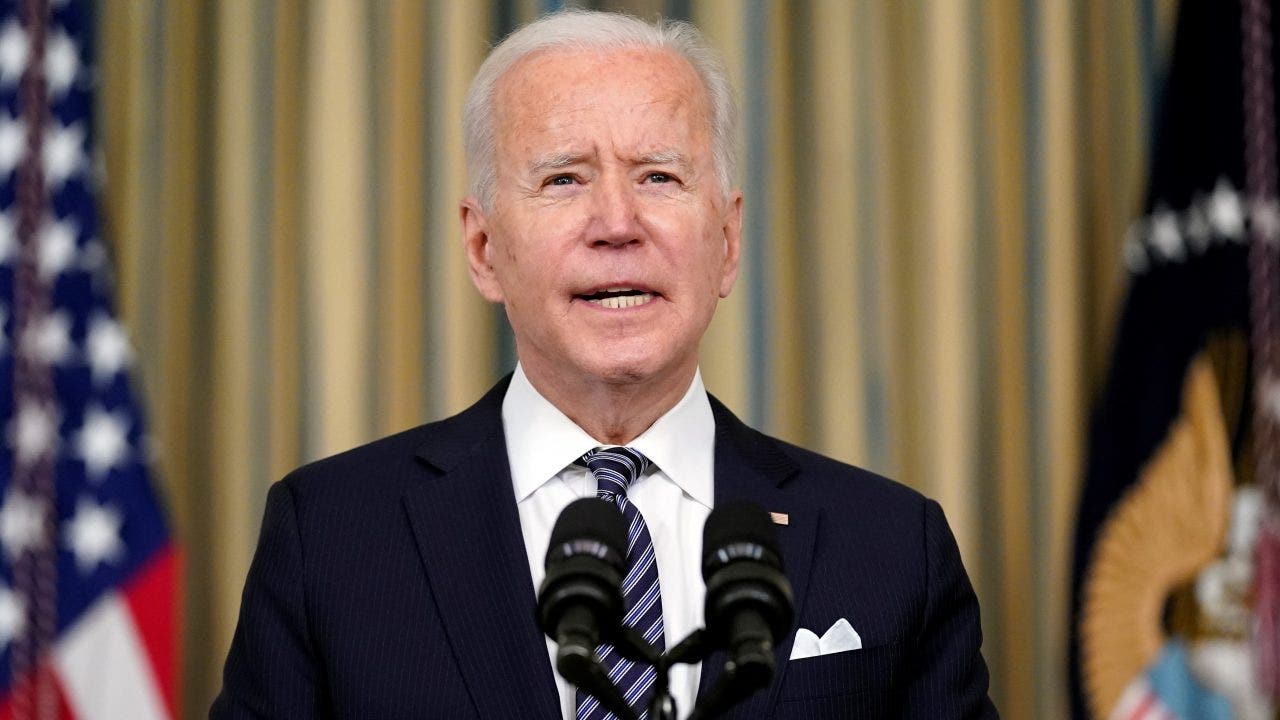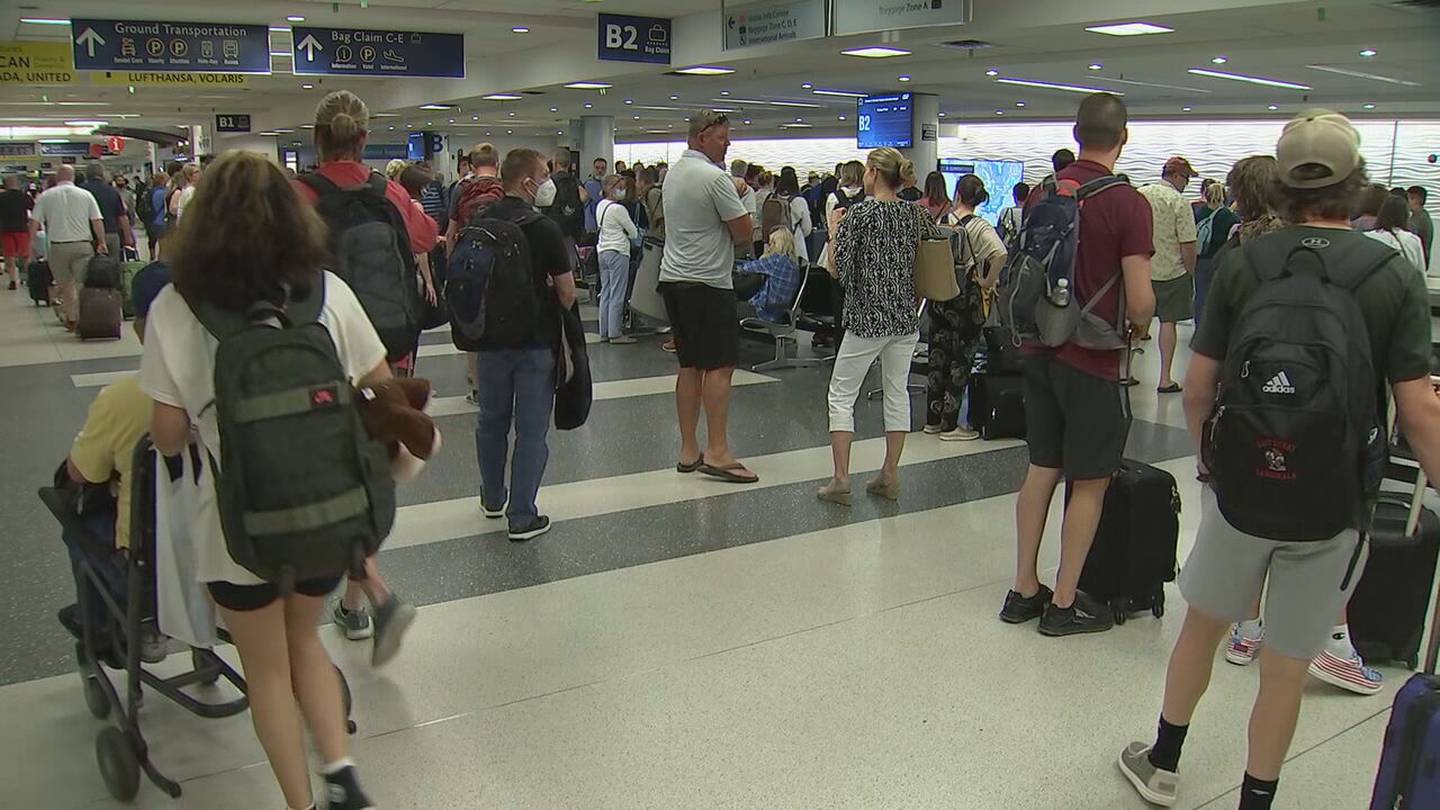Consecutive GDP slowdown, Fed doubling, a falling job market, scorching costs and the tech large bang, listed below are the most important financial highlights from a busy week.
It was a turbulent and data-rich week for the US financial system.
The Federal Reserve, the nation’s central financial institution, raised rates of interest by 75 foundation factors on Wednesday, the second time in as many conferences, on hopes that larger borrowing prices will assist steadiness provide and demand. On Thursday, gross home product (GDP) estimates indicated the U.S. financial system has contracted for 2 straight quarters, elevating issues the nation could possibly be heading right into a recession.
On Wall Road, a number of the largest names in U.S. trade, together with Apple, Amazon, Microsoft and Alphabet, Google’s guardian firm, posted better-than-expected earnings and steerage, pushing shares larger. Different information confirmed that the US labor market remains to be very tight regardless of company layoff bulletins.
After printing trillions of {dollars} through the peak of the pandemic to stimulate the financial system and soften the blow to companies and households, annual inflation in the US is now at its highest degree in 40 years and there has indicators that Individuals are feeling the ache. Client spending, which accounts for greater than two-thirds of all financial exercise, could possibly be down and retailers are bracing for the pullback.
Listed here are the primary financial developments from a busy week:
Walmart on Monday lowered its second-quarter and full-year revenue outlook, noting that rising meals and gasoline costs are inflicting customers to spend much less on items like clothes which have markups larger beneficiaries. As of Tuesday morning, Walmart shares had fallen almost 9%, additionally dragging down large chains like Goal and Kohl’s. The world’s largest retailer not often lowers its revenue forecast in the course of 1 / 4, so retail watchers questioned if the trade chief’s warning was an indication of issues to come back for the whole retail trade.
- Decline in client confidence
In accordance with US statistics launched on Tuesday, customers are much less positive of their spending. The patron confidence index fell for a 3rd month to 95.7 from the downwardly revised 98.4 in June. That is the bottom studying since February 2021.
- Fed doubles down, says additional will increase depend upon future information
The Federal Reserve raised rates of interest by 75 foundation factors on Wednesday. The US central financial institution stepped up efforts to sort out the best inflation in additional than 40 years and mentioned an “unusually massive enhance could also be applicable” at its September assembly. That call “will depend upon the info we purchase by then,” Fed Chairman Jerome Powell instructed reporters, stressing that the central financial institution’s foremost goal was to deliver inflation again to “our goal of two%”. Since March, the Fed has raised charges by 225 foundation factors.
- Increased mortgages imply fewer residence gross sales
The pandemic-era housing growth is cooling quick, as rising mortgage charges make it costlier to purchase and sustain with mortgage funds. U.S. pending residence gross sales fell essentially the most in June since April 2020, in accordance with figures launched Wednesday. “Early indicators of a cooling impact are most evident within the housing market, a sector that has been badly hit by rising mortgage prices,” Peter Essele, head of portfolio administration at Massachusetts-based Commonwealth Monetary Community, instructed Al Jazeera.
- Microsoft, Alphabet, Apple and Amazon increase morale on Wall Road
Additionally on Wednesday, an upbeat outlook for Microsoft and Google’s guardian firm Alphabet sparked a rally in high-growth shares. Microsoft shares surged after forecasting income would develop by double digits this fiscal yr. Alphabet, Google’s guardian firm, reported gross sales above expectations. Apple and Amazon joined the large tech rally on Friday, including about $175 billion to their mixed market worth after upbeat outcomes boosted investor confidence. Amazon shares jumped about 11%. Apple rose greater than 3% because the tech large mentioned that regardless of prospects’ spending habits tightening, iPhone demand remained excessive.
- US financial system shrinks for second straight quarter, however do not name it a recession
In accordance with the preliminary estimate launched Thursday by the US Division of Commerce, GDP shrank at an annualized price of 0.9% after falling 1.6% within the first three months of the yr. Informally, a two-quarter interval of declining progress indicated that the financial system is slowing. Regardless of the numbers, US President Joe Biden and administration officers have continued to say a recession shouldn’t be imminent.
- Hiring slows however unemployment price stays at 50-year low
The Labor Division confirmed Thursday that whereas fewer Individuals utilized for unemployment advantages for the primary time in 4 weeks, the whole was nonetheless the best since November, elevating the likelihood that the financial system is slowing. At 3.6%, the unemployment price is the bottom in virtually 50 years. The employment price index launched on Friday discovered {that a} tight labor market helped enhance wage progress, which led to a big enhance in labor spending in the US within the second trimester. Labor prices jumped 5.1% on an annual foundation, the biggest enhance because the begin of the present sequence in 2001. A number of firms have lately declared their intention to scale back their workforce. E-commerce firm Shopify mentioned this week it might lay off 10% of its staff. Apple, Alphabet and Microsoft additionally mentioned recruitment was sluggish.
- Regardless of will increase, larger costs eat into Individuals’ paychecks
Client costs jumped 6.8% in June from a yr earlier – the largest annual enhance since 1982, the Commerce Division mentioned on Friday. The Private Consumption Expenditure (PCE) worth index, which the Fed screens to find out whether it is assembly its 2% inflation goal, rose 1% from the earlier month. Information on Friday additionally revealed that client spending rose 1.1% in June, pushed by the rising price of dwelling. Individuals spent extra on well being care and automobiles. With costs hovering, adjusting for inflation implies that client spending recovered solely barely in June – by 0.1%.
#Key #financial #takeaways #U.S #grapples #recession #fears



